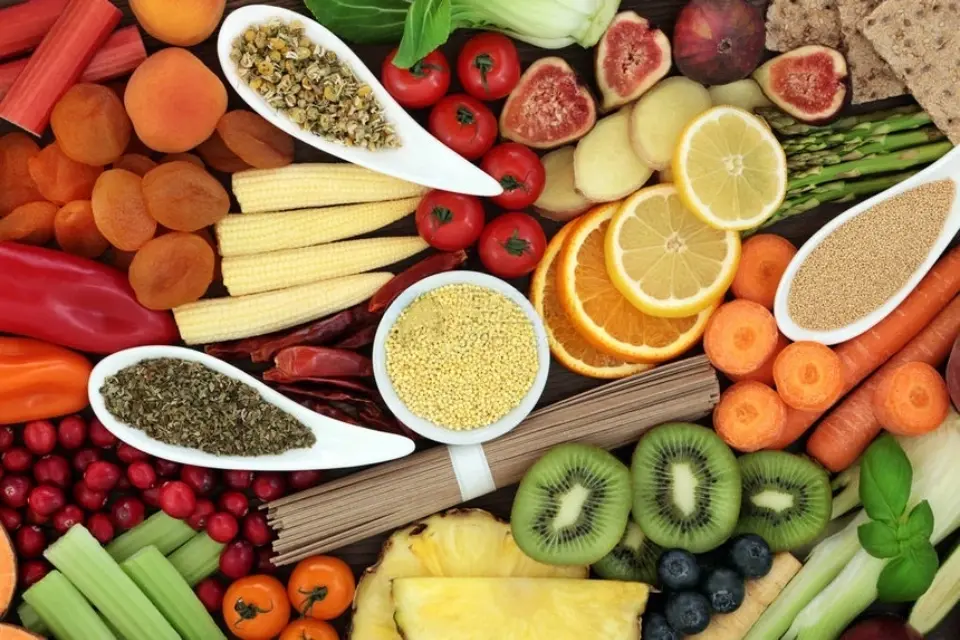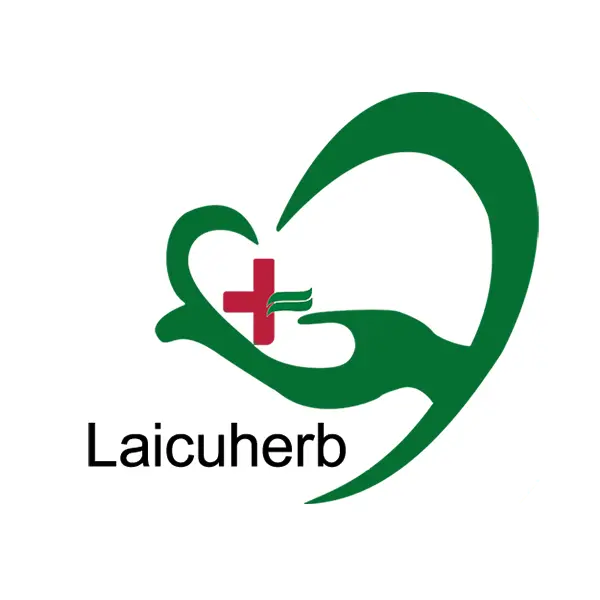Does PMS Get Worse With Age?
Ninety percent of women around the world experience the discomfort brought by premenstrual syndrome (PMS). When the luteal phase arrives, the breasts suddenly start to ache, there is a feeling of nausea and the urge to vomit, a dull pain in the lower abdomen, and severe headaches, along with a sudden increase in appetite, making one want to eat even when not hungry. There is always a sense that the period is about to come, with a warm flow felt in the lower body, but nothing actually happens. One can't muster up any enthusiasm for anything and feels extremely tired. Due to the influence of hormones, everything seems to be annoying and one gets angry and irritable for no reason. These symptoms might be manageable in one's twenties, but as one grows older, it becomes increasingly difficult to control one's body. This makes one wonder: Why are my PMS symptoms getting worse and worse?

What's really behind this? Today, we'll dive deep into this question and provide you with a comprehensive plan to help you cope.
What is PMS? And Why Does it Happen?
Premenstrual syndrome (PMS) refers to the physical and emotional changes you experience one to two weeks before your period. Symptoms vary from person to person, ranging from mild discomfort to severely impacting daily life.
We don't fully understand why PMS happens, but most research points to the cyclical fluctuation of hormones in a woman's body. After ovulation, estrogen and progesterone levels peak and then drop quickly before menstruation. This dramatic hormonal shift can affect neurotransmitters in the brain that help stabilize your mood, like serotonin, leading to a variety of symptoms.
Why Do PMS Symptoms Get Worse With Age?
The primary reason you feel your PMS is worsening is due to the natural hormonal changes that occur as you age. Your symptoms can become significantly more pronounced, especially as you approach perimenopause.
Perimenopause typically begins in a woman's 40s and marks the transition to menopause. During this stage, your ovaries start to slow down, and estrogen and progesterone levels become unpredictable and fluctuate more dramatically. This "hormonal roller coaster" can cause irregular periods and make existing PMS symptoms, particularly mood swings, anxiety, and irritability, much more severe.
Besides natural hormonal changes, other factors can also contribute to worsening PMS symptoms:
Childbirth history: If you've had children, it can have long-term effects on your body.
Mental health history: Women with a history of postpartum depression or mood disorders may find their PMS symptoms become more prominent with age.
Other Reasons for Worsening PMS
Beyond age and hormonal shifts, the reasons for worsening PMS might be more complex than you think. It could be a sign of an underlying medical condition.
A More Serious Condition: PMDD
Premenstrual Dysphoric Disorder (PMDD) is a more severe form of PMS that can occur at any age. If your mood swings are so intense they feel uncontrollable—with deep anxiety, depression, or extreme irritability—and are accompanied by more severe physical symptoms like headaches or heart palpitations, it may not be simple PMS, but rather PMDD.
Underlying Conditions You Might Not Have Noticed
Some medical conditions have symptoms that are very similar to PMS. If you feel your PMS symptoms are getting worse, it might be a signal to pay attention to your overall health. For example:
Thyroid conditions: Thyroid issues share many symptoms with PMS.
Polycystic Ovary Syndrome (PCOS): This common endocrine disorder's symptoms are also often mistaken for PMS.
If your symptoms are severely affecting your daily life, it's best to consult a doctor to rule out these underlying conditions and get the right diagnosis and treatment.
How to Effectively Cope with Worsening PMS
Even though PMS can get worse with age, there are many natural and effective ways to reduce your symptoms.
First, lifestyle adjustments are key. Maintain a healthy diet with plenty of fruits, vegetables, and whole grains, which can help your body function better. At the same time, try to avoid "trigger foods" that can worsen symptoms, like caffeine, alcohol, and high-sugar, high-salt foods. Regular exercise is also crucial—even simple activities like walking, swimming, or yoga can help alleviate physical and emotional discomfort.

Additionally, learning to relax is important. Try relaxation techniques like meditation or deep breathing to help you manage anxiety and stress. If your symptoms are particularly severe, you can use over-the-counter anti-inflammatory medications under a doctor's guidance to relieve pain.
If you want to try natural supplements, some studies suggest that tea containing flaccid aster, chasteberry, or dried ginger and brown sugar may help relieve PMS symptoms. But remember, always consult your doctor before starting any new supplement or treatment.
Conclusion
In summary, it's very common for PMS symptoms to get worse with age, mainly due to the hormonal changes that happen during perimenopause. But we should also be aware that it could be a sign of a more serious emotional issue (PMDD) or an underlying medical condition.
The important thing is that understanding these reasons is just the first step—taking proactive action is key. From healthy eating and regular exercise to relaxation and self-care, every step can help you cope better. When your symptoms are seriously impacting your life, don't hesitate to seek help from a professional doctor.
References
Mayo Clinic - Premenstrual syndrome (PMS): Definition
Johns Hopkins Medicine - Premenstrual Dysphoric Disorder (PMDD)
National Center For Biotechnology Information - Global epidemiological study of variation of premenstrual symptoms with age and sociodemographic factors
National Center For Biotechnology Information - Systematic Review of Premenstrual, Postmenstrual and Infertility Disorders of Vitex Agnus Castus
PMS in the perimenopause - Ismail Hassan
Cycle and hormone changes during perimenopause the key role of ovarian function - Prince Henry's Institute of Medical Research, Monash Medical Centre, Clayton, Victoria, Australia; Department of Obstetrics and Gynaecology, University of Sydney, NSW, Australia; Office for Gender and Health, Department of Psychiatry, University of Melbourne, Parkville, Victoria, Australia.
FAQ
Q: Why is my PMS suddenly so bad?
A: Generally speaking, PMS can change due to changes in daily life. The main reasons are increased stress and insufficient sleep, which cause hormonal instability and thus worsen the symptoms of PMS. However, it is also important to be aware of the situation where PMS symptoms become more severe with age. As people grow older, around the late 30s or 40s, when approaching menopause and beginning the transition towards menopause (known as perimenopause), the symptoms of premenstrual syndrome may intensify.
Q: What can be mistaken for PMS?
A: Symptoms similar to premenstrual syndrome include PMDD (a severe type of premenstrual syndrome), depression, anxiety disorder, bipolar disorder, perimenopause, polycystic ovary syndrome, and even potential issues such as hypothyroidism or blood sugar fluctuations. All of these have common symptoms such as mood swings, fatigue, bloating and loss of appetite, but the key difference is that the symptoms of premenstrual syndrome/severe premenstrual syndrome disappear after menstruation, while the other symptoms persist and require appropriate medical diagnosis.
Q: What vitamin deficiencies worsen PMS?
A: The causes of premenstrual syndrome are mainly related to hormonal fluctuations, and they are mainly caused by nutritional deficiencies, especially a lack of vitamin B6, magnesium and calcium.

Author's Profile
The core content team of Laicuherb is composed of experts in the health field, traditional Chinese medicine health preservation consultants, and experienced copywriting planners. Some articles are signed by brand founders or R&D scientists. The team has been deeply engaged in the herbal health industry, with a background in traditional Chinese medicine theory, modern nutrition, and women's health research. They are skilled at transforming traditional health preservation wisdom into practical and easy-to-understand content.







